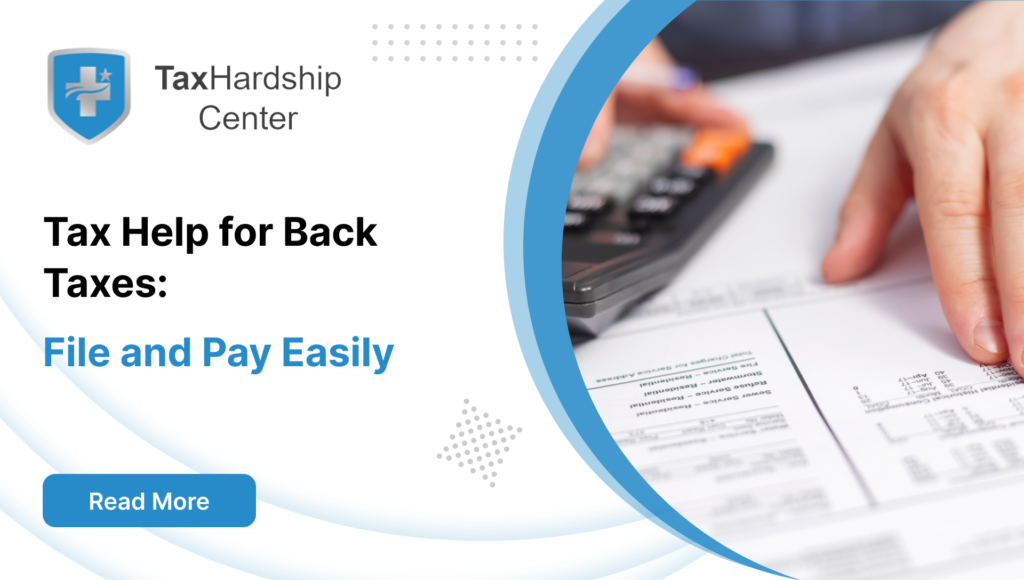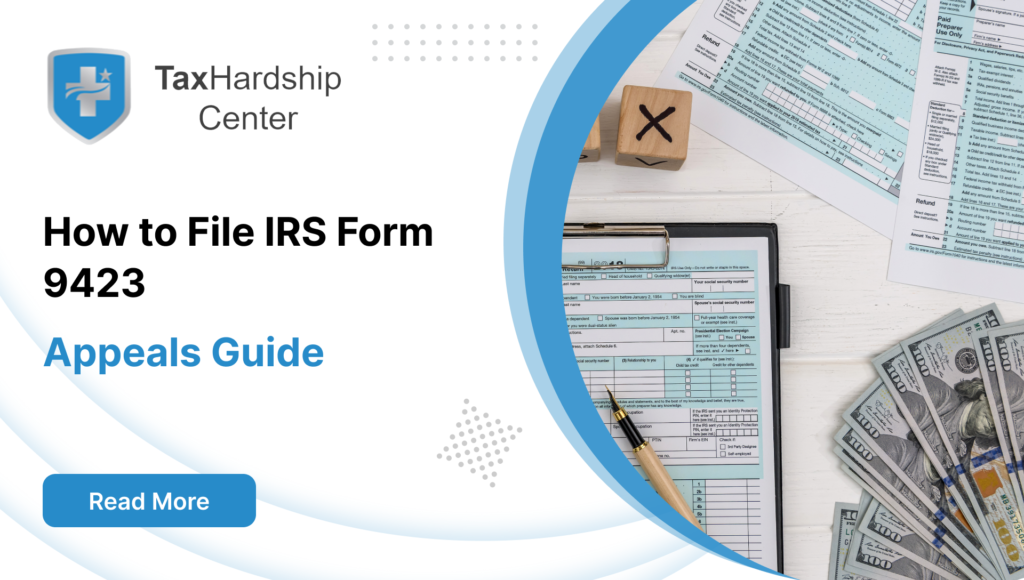When taxpayers receive correspondence from the Internal Revenue Service (IRS), it can often be a source of stress and concern. One such correspondence is the IRS Letter 4883C, which is essential in the tax filing process. This letter indicates that the IRS needs more information to verify your identity and process a tax return effectively. It serves as a protective measure against potential tax-related identity theft. This article will delve comprehensively into the IRS Letter 4883C, discussing its role, the necessary response actions, possible trade-offs, and challenges taxpayers might face.
The Purpose and Implications of the IRS Letter 4883C
The IRS Letter 4883C is more than just routine correspondence. It is a pivotal component of the Internal Revenue Service’s robust security protocol designed to combat the escalating threat of tax fraud and identity theft. The letter serves a dual purpose: it is both a shield against would-be fraudsters and a verification checkpoint for the protection of taxpayers. In our current era, where substantial amounts of sensitive personal information are stored and transacted online, the IRS has witnessed a corresponding surge in deceptive tax filings. To counter this, heightened vigilance and advanced scrutiny have become the norm.
The essence of the IRS Letter 4883C is to communicate a critical verification requirement.
Upon submission of a tax return that contains your name and identifying information, the IRS enters into a verification phase where it must ensure that the individual filing the return is a legitimate taxpayer—not someone masquerading as another with malicious intent. The letter is not an indictment of wrongdoing; instead, it functions as a strategic move to preserve the validity and security of the tax filing process. Doing so defends your rights and financial resources from potential fraudulent exploitation.
When the IRS dispatches Letter 4883C to taxpayers, it effectively pauses the tax return processing. The pause allows the IRS to enter a dialogue with the taxpayer, verifying critical pieces of information that will either corroborate or contest the legitimacy of the filing. This crucial step ensures that any refund or tax obligation is correctly attributed to the rightful taxpayer and not intercepted or erroneously assigned due to criminal activity.
Tax Hardship Center: Your Partner in Resolving IRS Letter 4883C Issues
Tax Hardship Center stands ready to assist individuals across all 50 states in the USA facing challenges related to IRS Letter 4883C. With a commitment to providing comprehensive support, the Tax Hardship Center offers expert guidance through the identity verification process mandated by the IRS. Our services ensure taxpayers receive personalized assistance, alleviating the stress and uncertainty often associated with responding to such correspondence. Moreover, individuals can trust Tax Hardship Center’s reliability, as we offer a 14-day money-back guarantee, which underscores our dedication to client satisfaction.
To take advantage of the Tax Hardship Center’s expertise, individuals can easily schedule a free 1-on-1 consultation, providing an opportunity to discuss their specific circumstances and explore tailored solutions. With Tax Hardship Center as your partner, navigating the complexities of IRS Letter 4883C becomes more manageable, empowering you to address the issue effectively and regain peace of mind regarding your tax affairs.
Essential Immediate Response to the IRS Letter 4883C
Upon receiving the IRS Letter 4883C, it is critical to understand that time is of the essence. This notice is an alert that the IRS needs to confirm the legitimacy of the tax return filed under your name before it can continue processing. The urgency stems from the IRS’s commitment to protecting your identity and ensuring that only legitimate tax transactions are processed. This letter is your signal to verify your identity with the IRS promptly.
Preparing for the IRS Identity Verification Call
Before you reach for the phone to contact the IRS, you should take several preparatory steps to ensure a smooth and successful verification call. First, gather your tax documentation for reference. This should include your tax return from the previous year and the tax return currently under review by the IRS – the one associated with the IRS Letter 4883C you’ve received.
You should compile any pertinent supporting documents for the year in question alongside your tax returns. Key documents typically include W-2 forms from your employer detailing your wages and tax withholdings and any 1099 forms you may have received that report other forms of income, such as from freelance work, interest, or dividends. These documents contain vital information that will help the IRS confirm the income figures reported on your tax return.
Additionally, any valid form of identification is acceptable. This could be a state-issued driver’s license or ID card, a passport, or other government-issued identification that verifies your identity. The IRS representative on the call will likely ask for specific details from these documents, so having them readily accessible will be critical in verifying your identity efficiently.
The Perils of Ignoring IRS Letter 4883C
Understanding the Gravity of Inaction
When the IRS sends out Letter 4883C, it casts a spotlight on your tax return, necessitating a swift response to verify your identity. Ignoring this letter, however, is far from a passive decision. On the contrary, inaction triggers a series of deliberate measures by the IRS aimed at protecting against potential fraud. Recognizing the gravity of such inaction is essential, as it is not simply a matter of putting off paperwork; it has real and tangible consequences that can impact your financial well-being.
Immediate and Long-Term Repercussions of Non-response
The immediate repercussions of not responding to IRS Letter 4883C are evident and impactful. The IRS will place a freeze on your tax return, causing a delay in any associated actions. If you are entitled to a refund, that disbursement will be suspended. This administrative hold remains in place as a safeguard until you take the necessary step of verifying your identity.
Delayed refunds can range from a minor inconvenience to a critical financial hurdle, depending on your reliance on that expected sum. For many taxpayers, the refund is not merely a bonus but a vital part of their financial planning. It is often earmarked for essential obligations such as loan repayments, tuition costs, housing expenses, or even as a contribution to savings.
Understanding IRS Letter 4883C and Seeking Further Assistance
When you receive an IRS Letter 4883C, it often points to an issue that requires immediate attention; the letter is typically sent when the Internal Revenue Service (IRS) needs additional information to verify your identity. This verification process is critical in preventing tax-related identity theft and safeguarding your tax account against unauthorized access.
Should you encounter any confusion or have specific questions regarding the content or implications of IRS Letter 4883C, you are strongly encouraged to seek additional assistance. The IRS provides dedicated phone support tailored to address concerns related to identity verification. Upon contacting the IRS assistance line, you will encounter trained representatives equipped to dispel confusion and offer clear guidance on navigating the verification process.
It is essential to have your tax return, the 4883C letter when you call, and any other requested documentation that could help confirm your identity to the representative.
Adhering to the Notice Deadline
A key aspect of managing IRS Letter 4883C effectively is being aware of the prescribed response deadline within the notice. Upon receiving the letter, you have 30 days to contact the IRS and resolve your case. This time frame is strictly enforced to ensure prompt and proper handling of potential identity verification issues.
Neglecting the deadline specified in the letter can lead to unwanted complications. Delays may disrupt the processing of your tax return, potentially leading to a longer wait for any refund due, or it may result in the IRS taking additional measures to confirm your identity, which could further delay the process. In more severe cases, failure to respond promptly could also spark suspicion of fraudulent activity, affecting your tax records and necessitating more extensive interaction with the tax authorities.
The IRS’s Online Identity Verification
For those inquiring about online identity verification options, it is essential to note that while the IRS does offer this service, it is generally linked to responses for Letter 5071C and not Letter 4883C. Taxpayers receiving Letter 4883C are guided toward phone verification as the primary method of resolving the issue. However, it’s always prudent to check the latest procedures with the IRS, as digital services and taxpayer resources are subject to change over time.
Conclusion
In conclusion, effectively handling IRS Letter 4883C involves proactive engagement with the IRS, preparedness with the necessary documentation, and a clear understanding of the verification requirements and timelines. Addressing this letter promptly brings peace of mind and signals to the IRS your commitment to maintaining the security and accuracy of your tax records.
Why Tax Hardship Center?
1. Hassle-Free Assistance:
Say goodbye to sleepless nights and endless tax-related stress. At the Tax Hardship Center, we believe in simplifying the complex. Our team of experts is dedicated to guiding you through every step of the process, ensuring that your tax concerns are met with precision and care.
2. 14-Day Money Back Guarantee:
We’re so confident in our ability to ease your tax worries that we offer a 14-day money-back guarantee. If, for any reason, you’re not satisfied with our service, we’ll gladly refund your investment. Your peace of mind is our top priority!
3. Free Consultation:
Are you curious about how we can transform your tax experience? Book a free consultation now! Our team will assess your situation, answer your questions, and provide free insights tailored to your needs.
4. Nationwide Coverage:
No matter which corner of the United States you call home, the Tax Hardship Center covers you. We proudly serve all 50 states, bringing our expertise to your doorstep. Wherever you are, our commitment to excellence follows.
Formal FAQs Regarding IRS Letter 4883C:
1. What is the purpose of IRS Letter 4883C?
The purpose of IRS Letter 4883C is to request information from a taxpayer to verify their identity and ensure the accuracy of their tax return. This action helps protect the taxpayer and the tax system’s integrity by preventing potential fraud and identity theft.
2. What triggers the issuance of this letter?
Various factors can trigger the IRS to send Letter 4883C. These may include discrepancies between current and past tax returns, inconsistencies in reported income, or concerns about the validity of identification information.
3. What is the required response to the letter?
Responding to IRS Letter 4883C within the specified timeframe, typically 30 days, is imperative to ensure timely tax return processing. The primary response method is telephone using the number provided in the letter. Be prepared to answer questions regarding your identity and provide supporting documentation such as tax returns, W-2 forms, and government-issued identification.
4. Are there alternative verification methods available?
While online verification options exist for specific IRS notices, Letter 4883C requires telephone communication. However, always confirm the latest procedures with the IRS directly, as these may evolve.
5. What are the potential consequences of ignoring the letter?
Respond to IRS Letter 4883C to ensure timely processing of your tax return, including any potential refunds. Additionally, the IRS may undertake further investigative measures to verify your identity, which could lead to additional complications.








